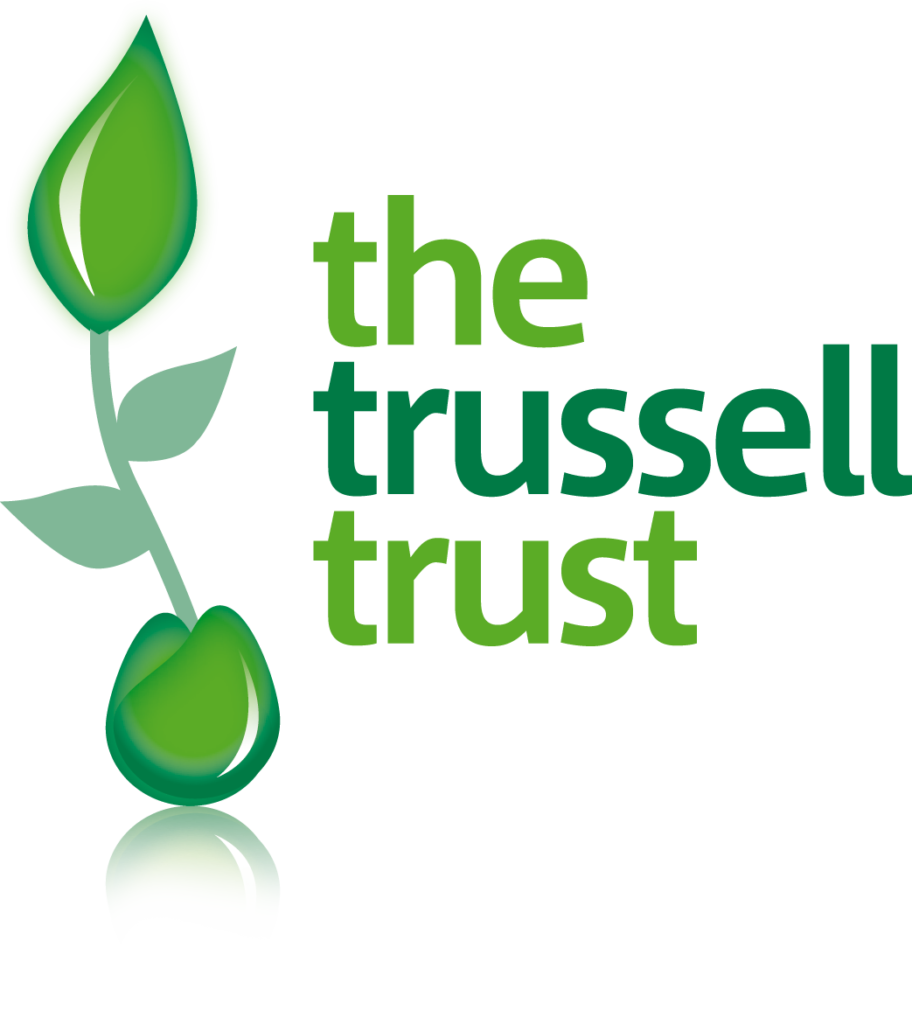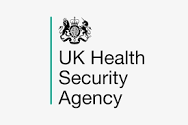PRESS RELEASE : Trussell Trust Top Priorities for New Prime Minister [October 2022]
The press release issued by the Trussell Trust on 27 October 2022.
Over recent weeks, opinion polls about the popularity or otherwise of our political leaders have animated debate, shaped decisions and filled many pages and screens of media content.
As Rishi Sunak takes up the role of Prime Minister, we are calling on him to turn his attention to the public’s opinion on a different matter, and one which is of critical importance at this time.
Eighty-five percent of adults in the UK agree that ensuring everyone has enough money for basic needs should be a high priority for the UK Government.1
And in a period when the cost of essentials including food and fuel are spiralling, only 20% of UK adults believe our benefits system is doing a good job of protecting people from poverty.
We urge the new Prime Minister to take action on this. Protecting people from destitution, which means not being able to afford the essentials we all need to stay warm, fed and dry, clearly matters to the UK public, and we know this is a concern for MPs across all parties too.
Sadly, this isn’t just a matter of opinion. Our data on food bank use over recent months give us reason to expect this will be our network’s busiest ever winter, worse even than the levels of need we saw during the pandemic. Food bank use data is a barometer, and what it tells us is that hundreds of thousands of households across the UK are already struggling or unable to afford the essentials, often going without meals in order to make ends meet, and that many more will fall deeper into poverty this winter if further action is not taken.
“I want to build a country where ideally nobody needs to use a food bank”
Rishi Sunak, speaking to the media during the summer leadership contest.
As Chancellor he remarked that it was his job to ensure that people didn’t need to turn to food banks for support. As Prime Minister he now has the opportunity to make this aspiration a reality.
Measures introduced during Sunak’s time as Chancellor, including the £20 uplift to Universal Credit and the Cost of Living payments being made to people who are entitled to certain benefits or tax credits, have had an important impact for people on the lowest incomes. But with 40% of people on Universal Credit reporting in August that they had skipped meals during the previous three months to keep up with other essential costs, much more support is needed to protect people from destitution this winter and beyond.
The circumstances are undoubtedly extremely challenging, globally and domestically. But in the face of very difficult choices, this government must place a high priority on protecting people most at risk of harm in this crisis: namely people on the lowest incomes who are at risk of being unable – or indeed are already unable – to afford the essentials.
Three areas we urge the new Prime Minister to take action on as a priority are:
- Guarantee that the promise to uprate benefits in line with inflation in April will be kept.
- Act to limit deductions from benefits, to ensure that the repayment of debts to the Department for Work and Pensions does not leave people unable to afford the essentials.
- Make the Household Support Fund a long-term commitment, and work with local government to ensure that this is effectively meeting the needs of individuals and families facing financial hardship.
We stand ready to work with the Prime Minister and his government, and with politicians of all political parties, to make our vision of a UK where nobody needs to use a food bank a reality.
As the Prime Minster himself said, in September last year:
“Everyone should be able to afford the essentials and we’re committed to ensuring that’s the case.”
He must honour this commitment.
1This survey was conducted by YouGov Plc UK. The survey was completed online. The total sample size for this survey was 12,338 UK adults. Fieldwork was undertaken between 24th August and 13th September 2022. The figures have been weighted by age, gender, social grade, ethnicity and UK region, and are therefore representative of all UK adults (aged 18+).


